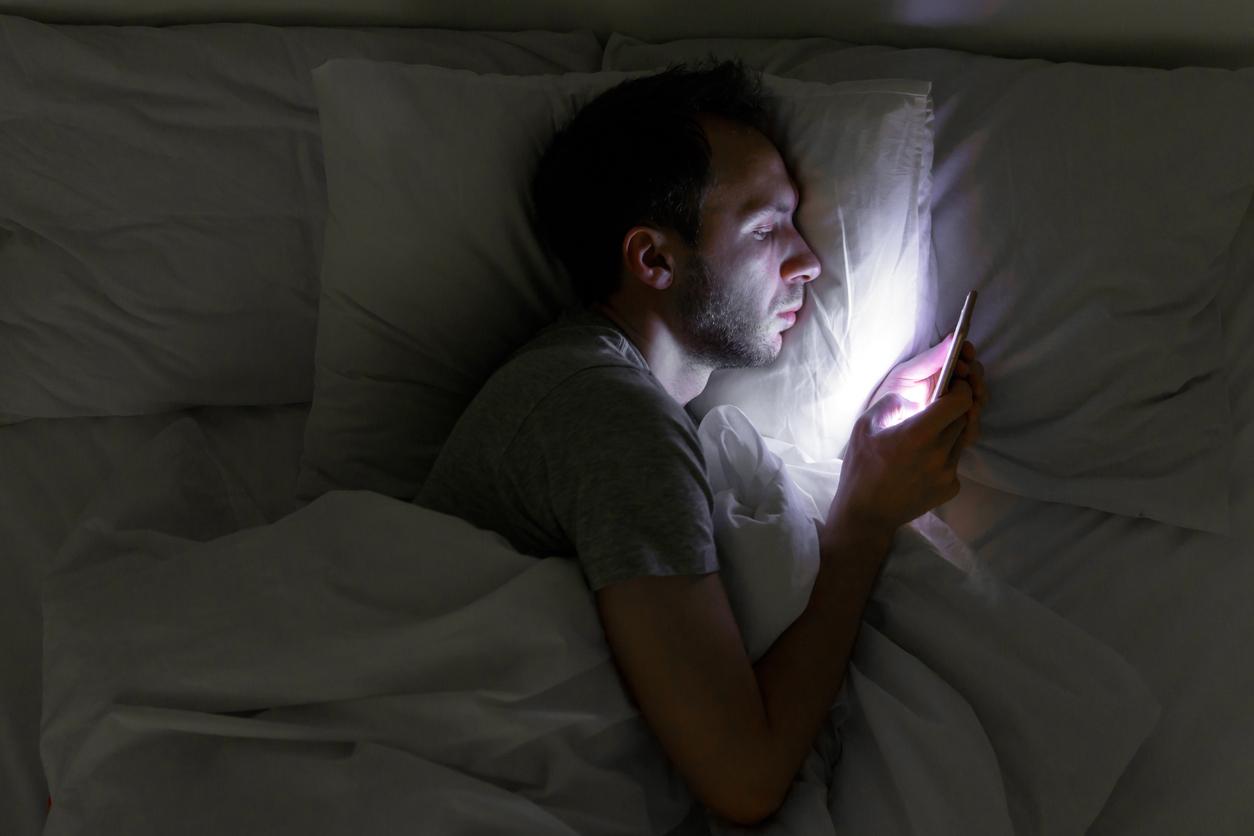Night lenses actually refer to rigid lenses known as orthokeratology or “ortho-K”. The principle is to wear them all night long during sleep hours. Then remove them when you wake up. During nighttime wear, these lenses make it possible to flatten or mold the cornea, and therefore to reduce its curvature. Curvature which causes myopia. This process makes it possible to artificially and temporarily eliminate this sight problem. This is corrected for 24 hours. It is therefore necessary to renew the operation at the end of this period. The advantage is that during the day, we can do without glasses or conventional lenses, but again, the effect is limited in time. The cornea then returns to its natural shape, making it necessary to put the lenses back on the following night. They are custom made and wear like normal contact lenses
How to use night lenses?
Of course you have to be extremely rigorous in the use of these lenses. The installation must be done before bedtime with carefully cleaned hands. In the morning, they are removed to wash, rinse and decontaminate them using a specific product. Most of the time, the operation is carried out with a solution based on hyaluronic acid. They should be changed once a year.
Night lenses: for whom?
Night lenses are only for people with severe low or medium myopia. It is a solution for those who cannot resort to surgery, or who cannot bear to wear contact lenses during the day.
These products have advantages in certain professions where the use of glasses during the day can be problematic. For example traders among others, teachers of sports, ski. In the case of certain sports practices, it is an interesting solution. In the event of competition for example, when it is excluded to wear glasses. It is also a good alternative for fun like skiing or swimming. They are also ideal for children From the age of 8… Provided that the parents have the time and the possibility to supervise the operation of the installation and that of the removal.
Few of the contraindications, but there are some of them like corneal surface disease, too few tears, too flat cornea or some degenerative eye diseases.
Night lenses: what price?
The price of these lenses varies between 250 and 400 euros. We change them once a year. Social Security does not cover night lenses, but some mutuals offer partial reimbursement.
Thanks to our expert, Xavier Subirana, ophthalmologist in Paris.
Read also:
- What to do to relieve tired eyes?
- Covid-19: three times more myopic children after confinement
- 4 reflexes to take care of your eyes
- 9 foods that are good for your eyesight


















